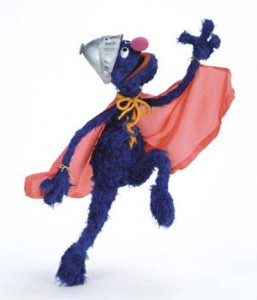
The inspiration for this prompt comes from a lesson I taught recently in my Intro to Poetry class: “How to Workshop a Poem.” From an instructor’s perspective, it was a lesson on workshop protocol, giving constructive feedback, etc. As a creative writer, however, one who has sat through (and participated in, don’t get me wrong!) countless undergraduate workshops, graduate workshops, informal workshops, community workshops, middle school workshops, etc. etc. etc., the sense I got while delivering my mini-lecture was that my students were being inducted into some secret society, one with oddball rules (“The person whose work is being workshopped must never speak.” “If one wishes to refer to the ‘I’ in a poem one must always say ‘THE SPEAKER’ and never ‘YOU.’ “) and traditions not immediately intuitive but terribly, terribly important nonetheless.
Since the proliferation of university-housed creative writing programs, a process that began in the 1930s with the establishment of the Iowa Writers’ Workshop (just called “The Workshop” on the department webpage) and has caused the number of programs to skyrocket to unprecedented numbers (the current program count is somewhere around 800), we’ve entered an era in which most—if not all—of us have at some point encountered the Workshop beast. Most of us have been trained in an institutional context and as such, have grown accustomed to specific patterns of speech and behavior in the classroom. Which can be a bit weird.
[T]hat gives me a very strong feeling,
a very powerful sense of something.
But I don’t know if anyone else was feeling that.
Maybe that was just me.
Maybe that’s just the way I read it.(“Workshop,” Billy Collins)
All the same, we know workshop, both love and hate it, think it’s vital, useless, irrelevant, etc. So why not write about it?
Two well-known examples of “workshop” poems:
“Workshop” by Billy Collins
“For a Student Sleeping in a Poetry Workshop” by David Wagoner
Prompt:
Write a poem about workshop, set in workshop, or against workshop. Take your cue (or not!) from Collins and use the peculiar language and syntactical constructions we’re trained to use in the creative writing classroom.
Play with perspective and speak, like David Wagoner, from the instructor’s point of view, or if you’re more familiar with the student experience, from the shoulder of the participant. Have fun with voice and persona, and don’t be afraid to take a few jabs at what we all know as the Workshop beast.




